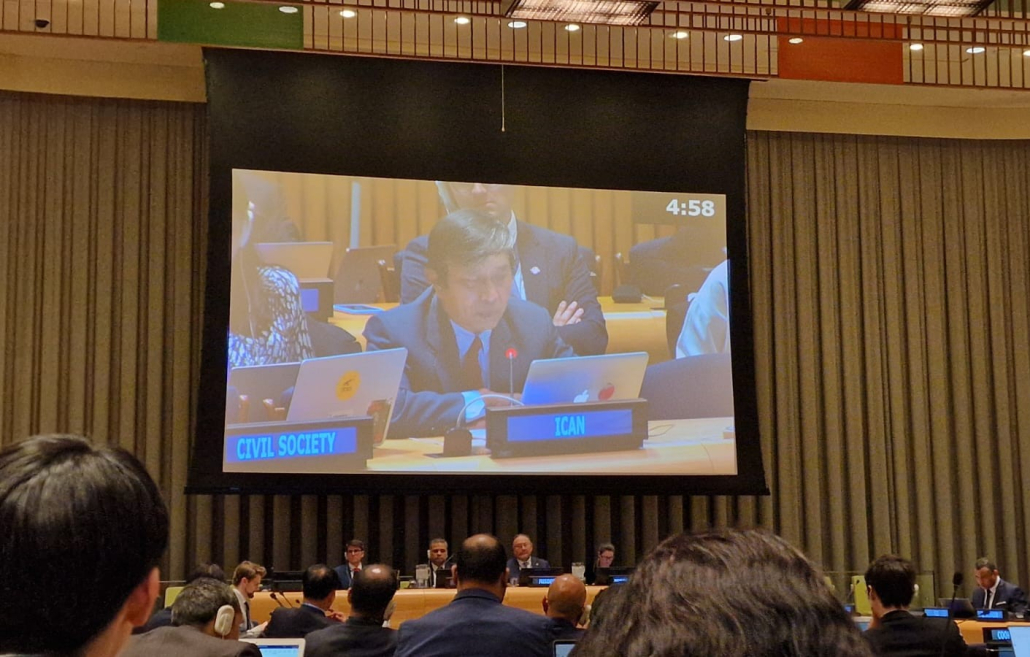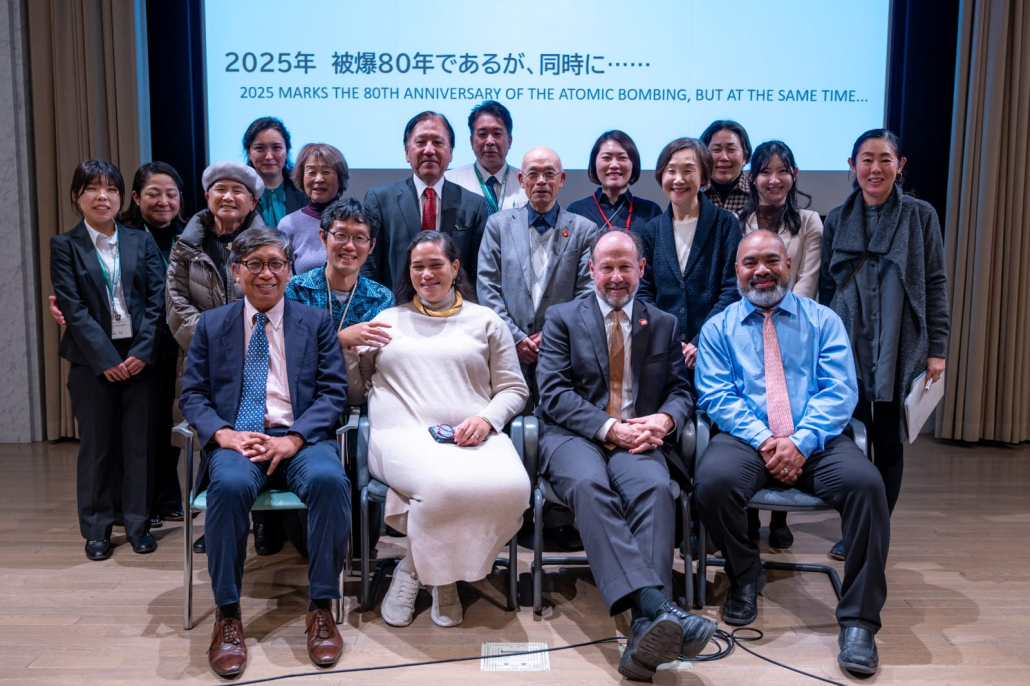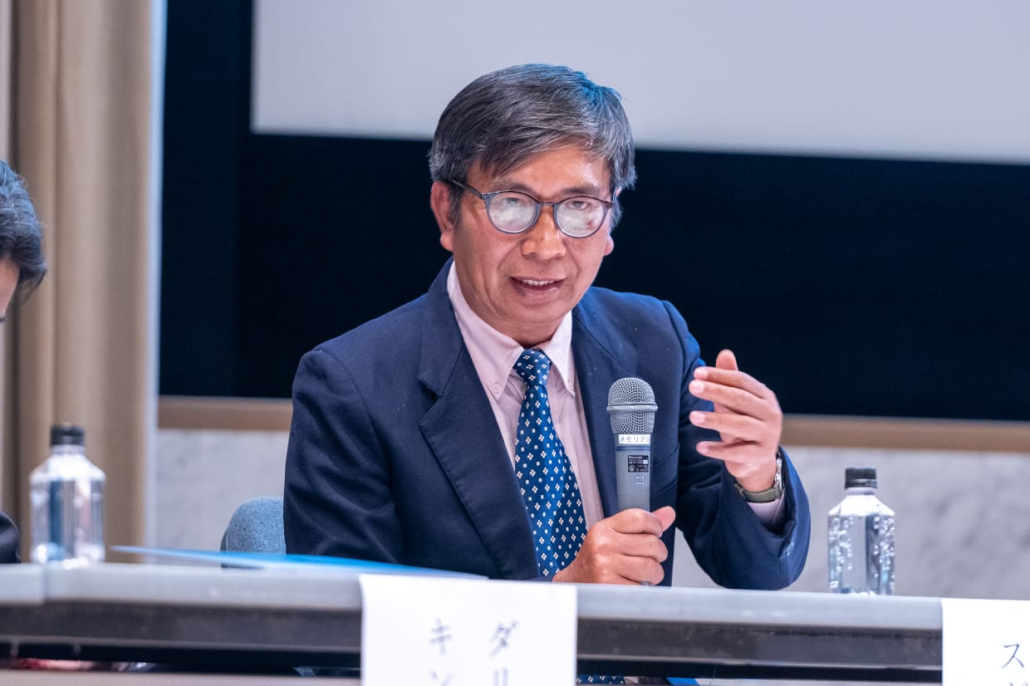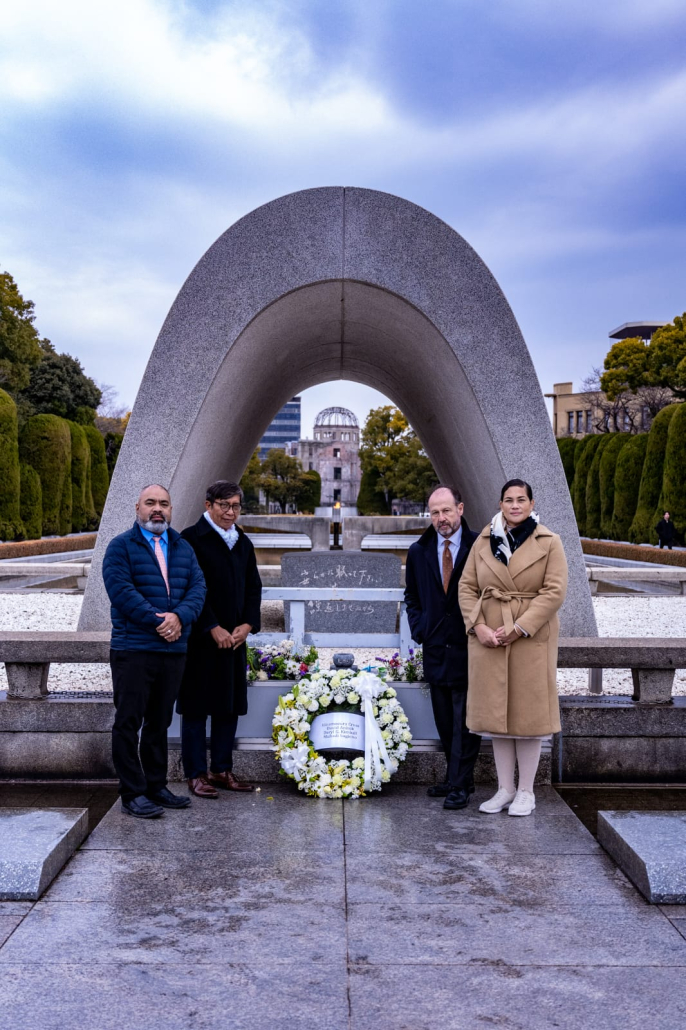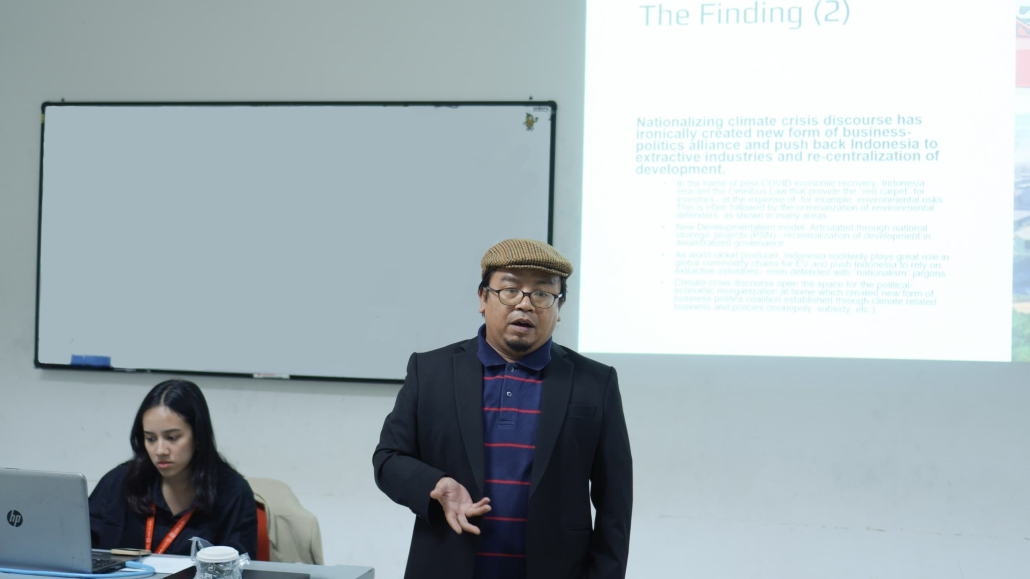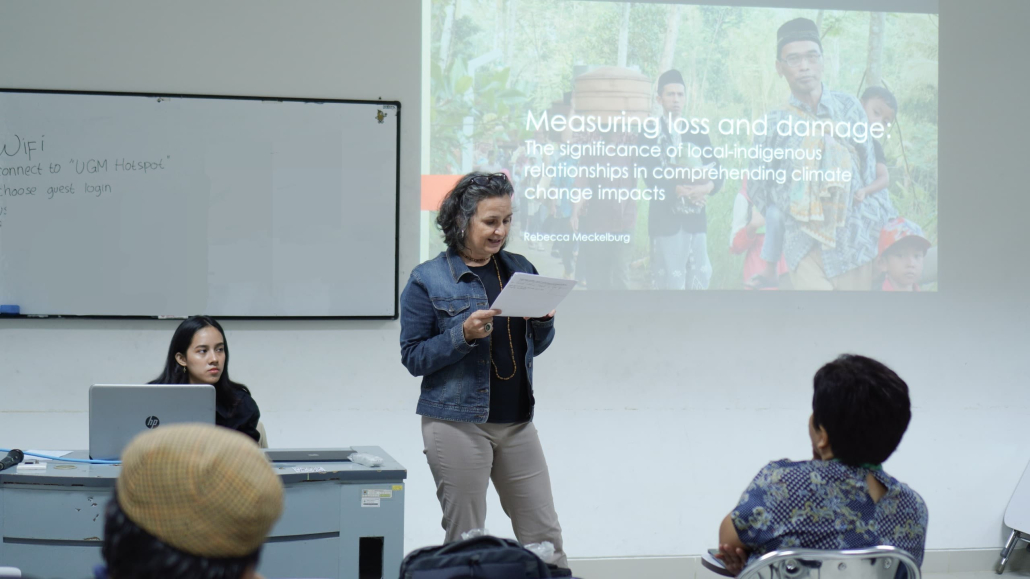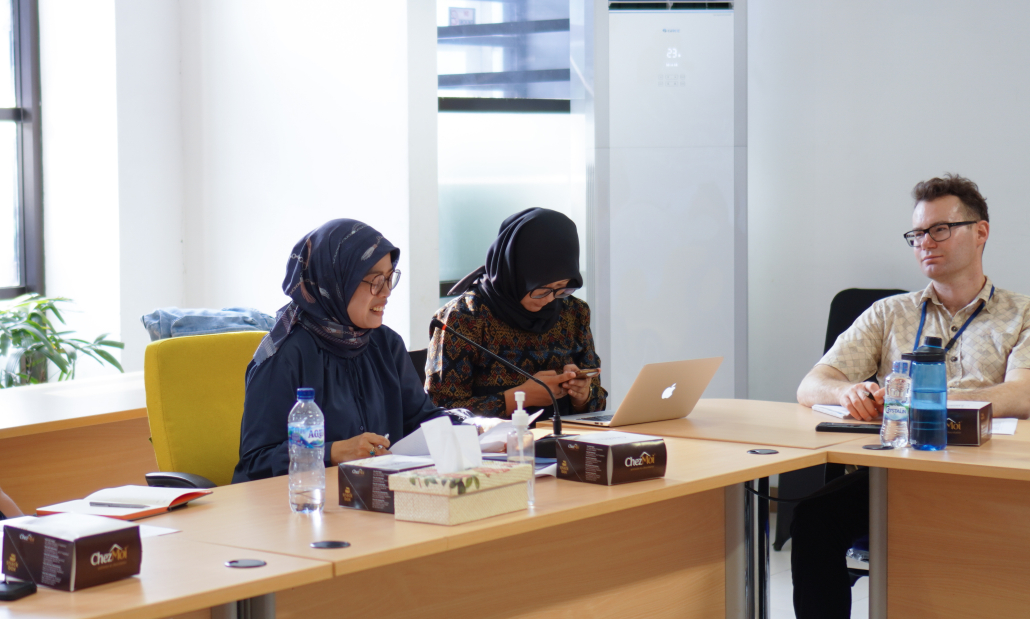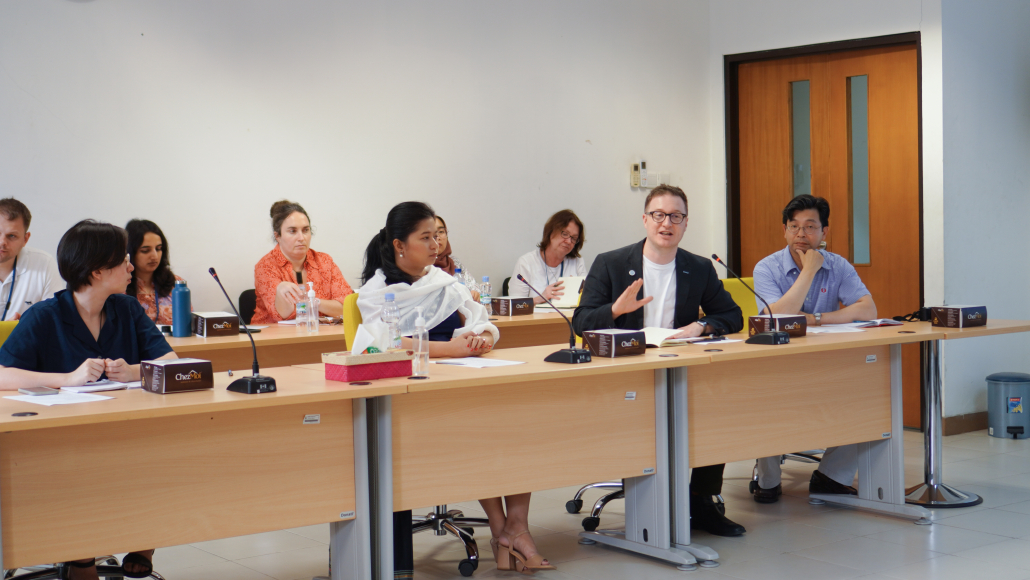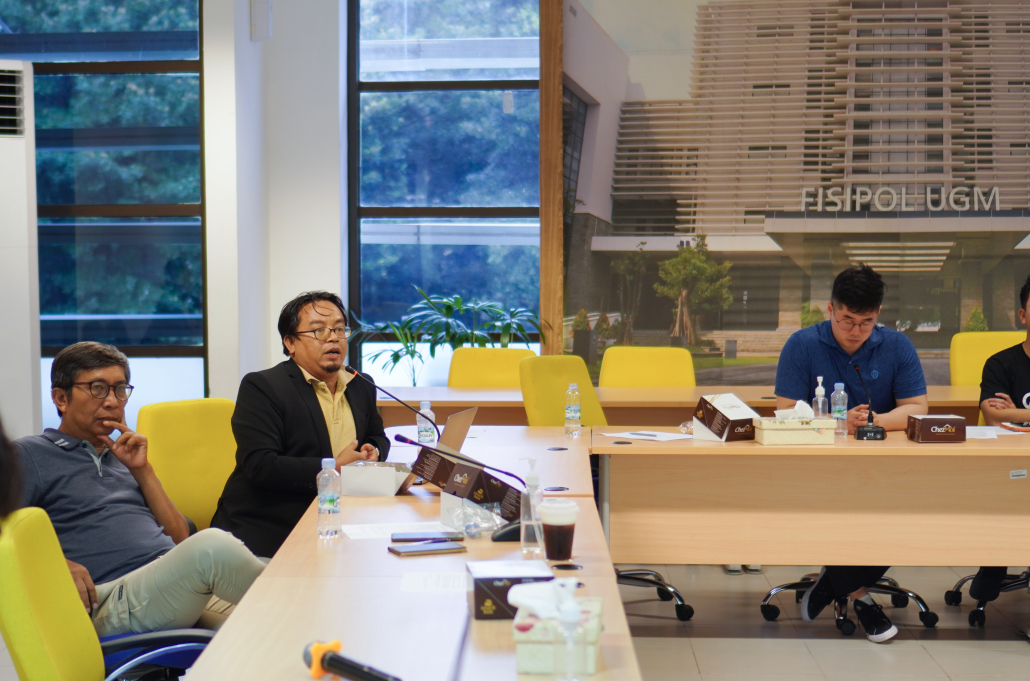We are here, there, everywhere! – Shadow Report on Platform Work Standards in Southeast Asia
Thursday, 22 May 2025 – As the digital economy spreads rapidly across Southeast Asia, a powerful new shadow report—led by platform workers and their allies—calls out the growing injustices faced by ride-hailing and delivery drivers in the region. The report is a collective effort by the International Alliance of App-Based Transport Workers (IAATW), Asosiasi Driver Online (ADO) Indonesia, Independent Democracy of Informal Economy Association (IDEA) Cambodia, and the Institute of International Studies at Universitas Gadjah Mada (IIS UGM). Released on Thursday, 22 May 2025, in the lead-up to the 113th International Labour Conference, this report brings worker experiences, local organising, and grounded research into the heart of the global conversation on decent work.
“We are not just data points in an app. We are workers with lives, families, and rights,” said representatives from ADO Indonesia, which has been at the forefront of organising online drivers across major Indonesian cities. “This report is our way of breaking the silence—of showing the world what it really means to survive in the platform economy.”
The report centres on the lived experiences of drivers in Indonesia and Cambodia, two countries emblematic of both the promises and perils of digital labour. Through firsthand interviews, surveys, and grounded literature reviews, the report identifies three urgent crises: algorithmic opacity, the absence of social protection, and a void in regulatory governance. These structural failings leave millions of workers at the mercy of hidden algorithms, unpredictable earnings, and exploitative management systems disguised as innovation.
From Phnom Penh to Jakarta, workers report being manipulated by gamification techniques—badges, points, rankings—that create the illusion of choice while trapping them in unsafe, excessive work hours. “What they call incentives, we experience as pressure,” shared an IDEA Cambodia organiser. “Drivers are pushed to keep working, no matter how tired or sick, just to chase elusive bonuses.” The report frames this system as a form of digital forced labour, where behavioural manipulation replaces contracts, and risk is entirely borne by the worker.
IAATW, a global federation of app-based transport workers, provided the platform to connect these local struggles with international standards. “What’s happening in Southeast Asia is not a local issue—it’s a global failure of governance,” said an IAATW spokesperson. “Platforms operate across borders, and so must our resistance. We need international standards that treat algorithmic control with the same seriousness as wage theft or unsafe workplaces.”
Academic support from IIS UGM played a key role in framing these narratives within a broader political economy lens. “This is not just about technology—it’s about power,” said Dr. Suci Lestari Yuana from IIS UGM. “Our research reveals how algorithmic systems are designed to benefit capital, not labour. And the lack of state regulation enables this imbalance to persist unchecked.”
The report calls for clear, enforceable action:
- Governments must regulate platform labour through inclusive policies that recognise and protect workers’ rights.
- Platforms must uphold transparency, guarantee fair pay, and stop using gamification as a coercive tool.
- International institutions like the ILO must push for binding global standards on algorithmic management and digital labour governance.
- And above all, workers must be heard—not as data, but as political agents demanding justice.
This shadow report is more than documentation—it is an intervention. It puts the voices of gig workers at the centre of labour policy, and it challenges the global community to act. As the contributors declare: “Nothing about us without us.” Platform workers in Southeast Asia are not asking for charity. They are demanding justice, transparency, and a future of work that puts human dignity above algorithmic efficiency.
Read and download the full report here

